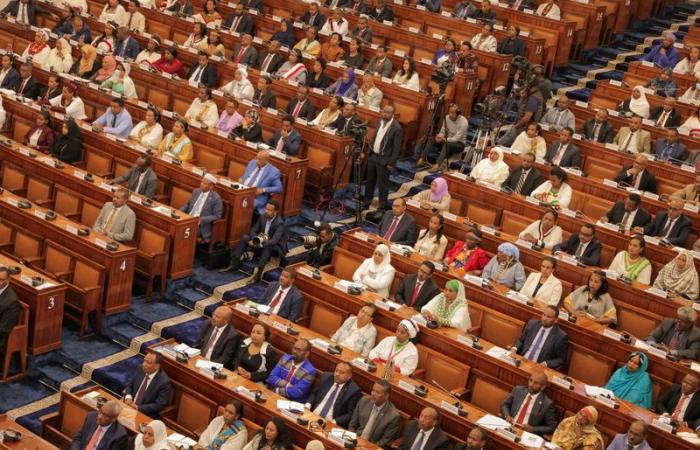Ethiopia’s parliament on Tuesday passed a long-planned law allowing foreign banks to operate in the Horn of Africa country, part of the government’s efforts to attract more foreign investment.
The country has gradually opened its tightly controlled economy, which is one of the largest in sub-Saharan Africa, since Prime Minister Abiy Ahmed took office in 2018.
However, a two-year civil war, slow reforms and a shortage of foreign exchange have deterred investors.
In June, the cabinet approved the bill that allows foreign banks to establish subsidiaries, open branches or representative offices and purchase shares in local banks.
The stake of foreign strategic investors in local banks will be capped at 40%, according to a copy of the bill seen by Reuters.
Ethiopia’s banking sector is currently dominated by the state-owned Commercial Bank of Ethiopia.
Parliament overwhelmingly supported the banking law, although a handful of opposition lawmakers expressed concern that local banks would not be able to compete with foreign competitors.
Ethiopian central bank governor Mamo Mihretu said competition would instead strengthen local creditors.
Ethiopia, with more than 120 million inhabitants, is one of the most populous countries on the African continent. It has long been in the crosshairs of foreign investors, after being kept on the sidelines for decades.
It landed a support package from the International Monetary Fund in July, hours after following one of the Fund’s key recommendations and listing its currency, the birr, on the stock market.
Other reforms related to the negotiations for an IMF program included the adoption of a monetary policy regime based on interest rates.
News






